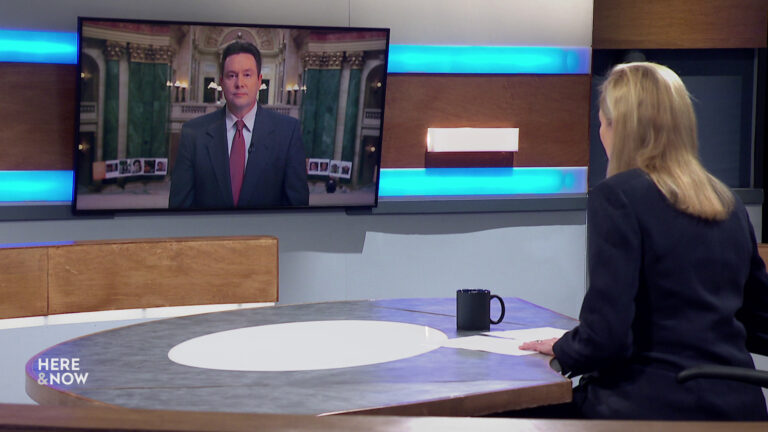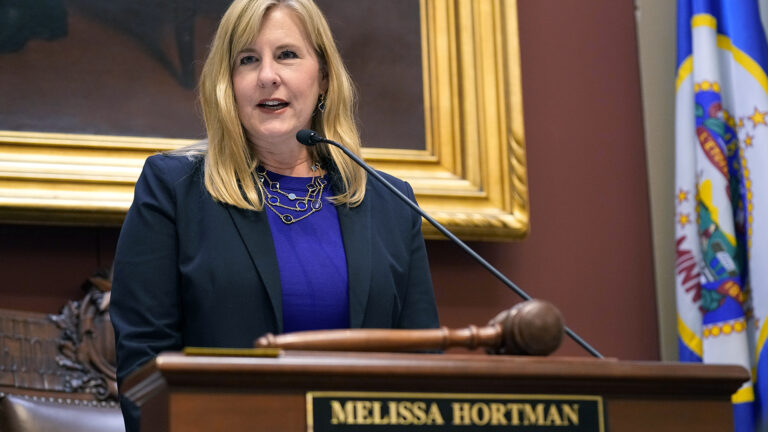Make A List And Check It Twice To Balance Holiday Budgets
As the winter holiday season arrives, many people travel to visit family and friends, give gifts and prepare traditional foods. But the many special occasions can place a strain on budgets.
December 14, 2017

Wrapped holiday gift with silver bow and tinsel

As the winter holiday season arrives, many people travel to visit family and friends, give gifts and prepare traditional foods. But the many special occasions can place a strain on budgets.
Ways to plan ahead for these expenses include setting aside a small portion of every paycheck through the year, as well as by timing shopping to coincide with sales during other seasons. Both approaches can help holiday shoppers avoid last-minute, unbudgeted expenditures. And even when the holiday season sneaks up, there are still steps that can be taken to prepare for holiday spending while sticking to a budget.
Money for holiday expenses can come in many forms. If cash is tucked away ahead of time, then the exact amount of available savings is known. Without such savings, holiday spending either needs to come out of current income or borrowed and then paid back, usually with interest, out of future income.
If current or future monthly income is earmarked to cover holiday spending, it’s important to create and follow a budget. Free budget apps, or pen and paper can be used to record regular income and keep track of spending. It is important to know how what proportion of income goes towards fixed expenses, such as rent or a car payment, and how much spending can be tweaked from week to week. Small cuts made in flexible spending can be added up to calculate the amount of extra spending for holidays that is realistic for a household.
After gaining a better idea of how much holiday spending fits within a budget, it’s important to generate a list of gifts, travel expenses and special activities, including the estimated cost of each item. Once all of the expenses are added up, they can be compared to the total household budget and funds can be allocated from savings or cuts to everyday spending. If the total cost of the list is higher than what can be realistically covered, then it should be reviewed for places to cut back on spending.
It is important to remember that holiday giving and gatherings are about expressing love and appreciation towards others; when money is tight, it’s an opportunity to be creative and give gifts a personal touch.
Money that is spent should be prioritized to cover gifts and activities that mean the most to the giver and recipient. Gifts that can’t be purchased are also worthy of consideration. Givers may be able to provide gifts like a home-cooked meal, dog-walking, snow shoveling or coupons for activities like spring cleaning or a summer picnic. Many gestures, such as a handmade card with a personal note, really reflect the time and thought that was put into the gift. The holidays provide a wonderful reason to involve the whole family in coming together to make cards, gifts and work together to provide a service to a loved one.
It can be challenging to stick to a budget when caught up in the holiday spirit. It can also feel awkward to be given a gift by a neighbor or co-worker without reciprocating. But this is also an opportunity to practice being a gracious recipient in thanking the gift giver for their thoughtful gesture.
More information on managing family finances is available from local UW-Extension offices.
Peggy Olive is a senior outreach specialist with University of Wisconsin-Extension Family Living Programs and UW-Madison Center for Financial Security.
 Passport
Passport












Follow Us